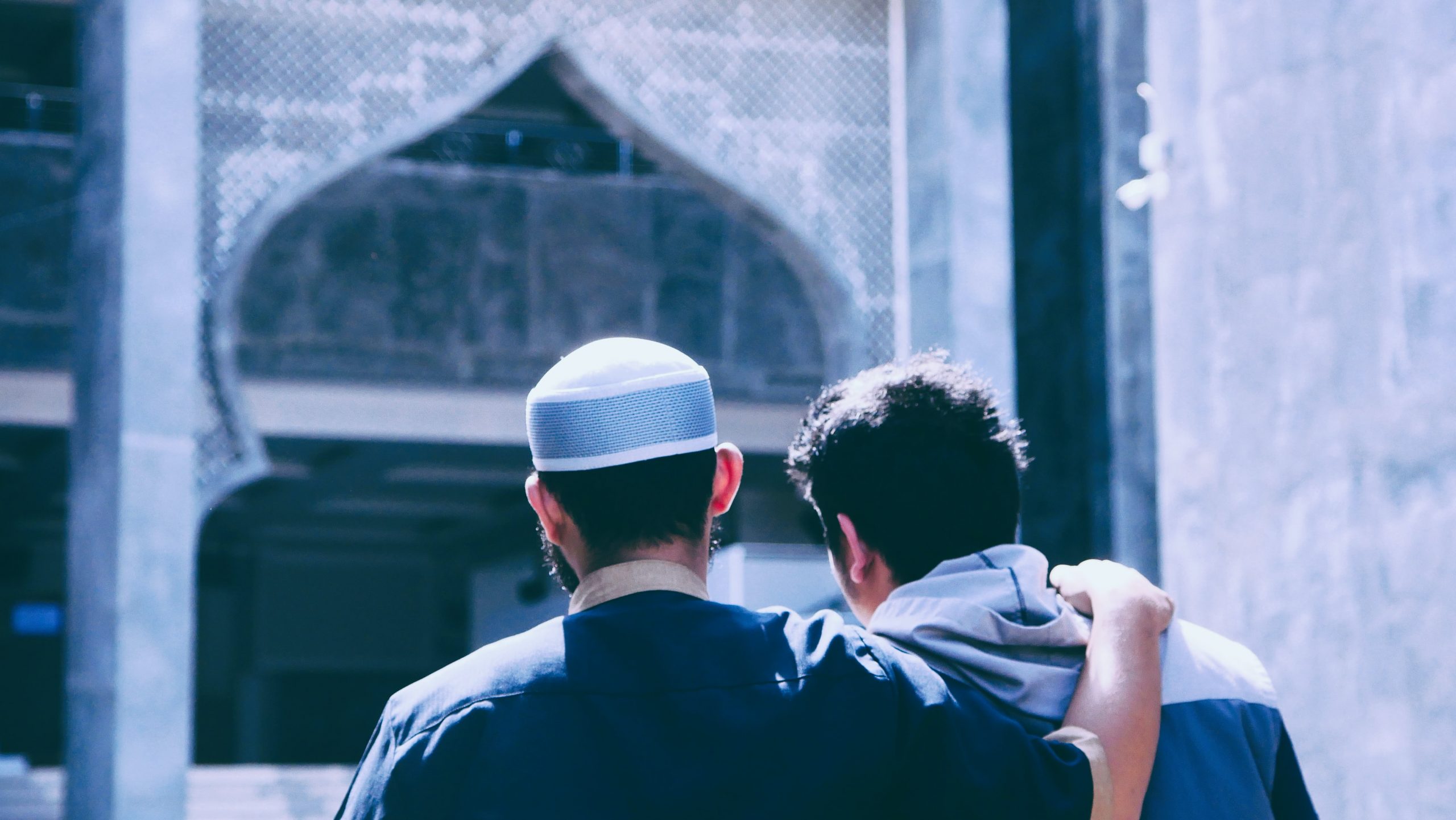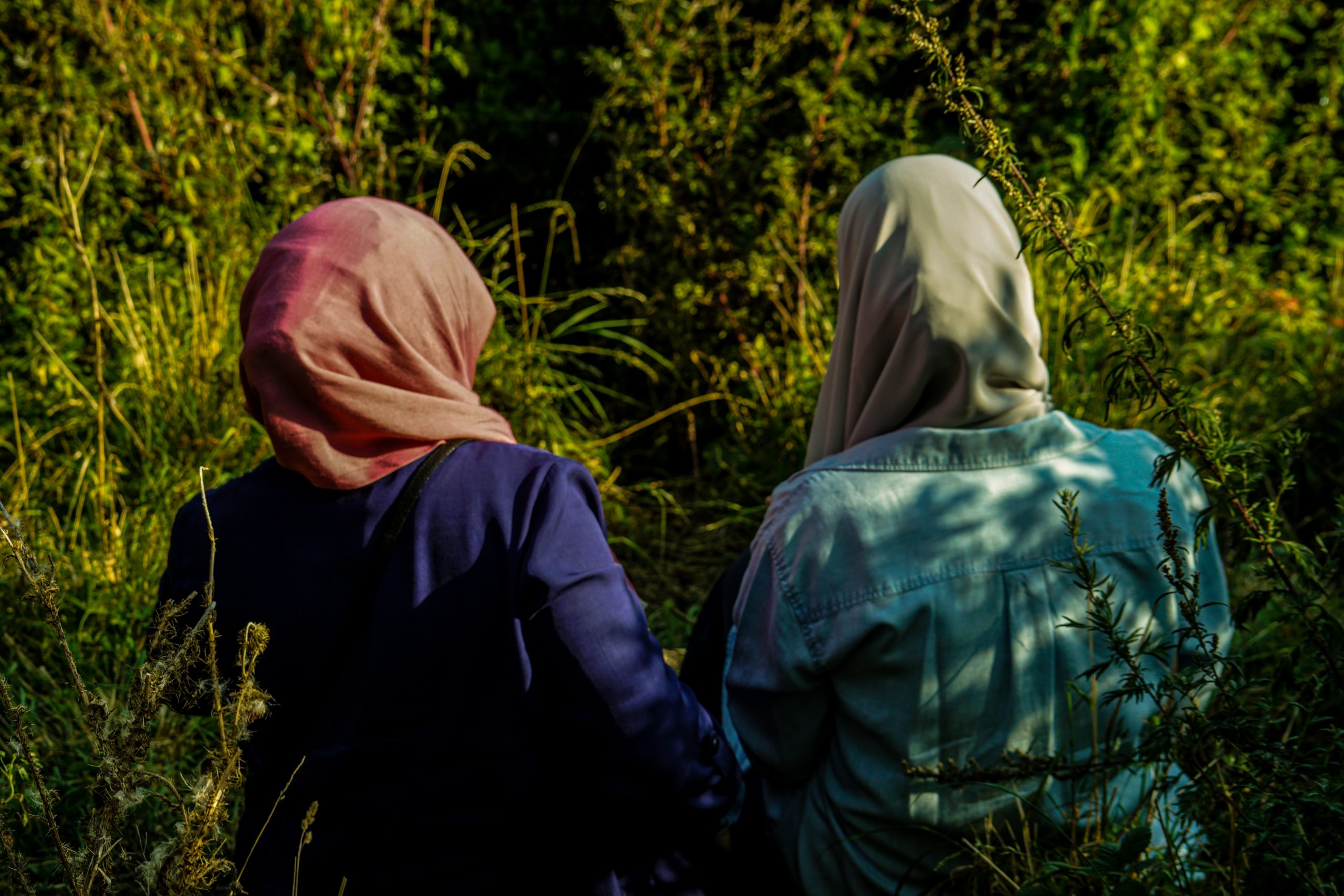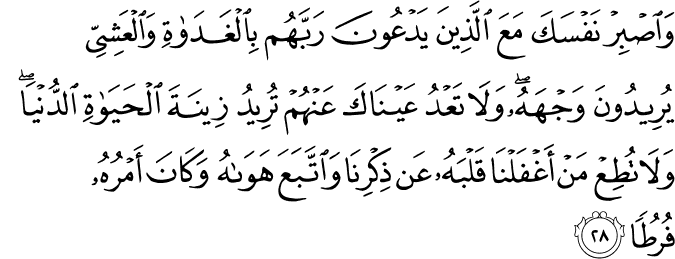#Islam
Loving For The Sake Of Allah
Published
By
Jakir Ahmed
“I love you for the sake of Allah 
This is a phrase that many of us have heard, and perhaps we too have said it to someone else. It is truly a beautiful term of endearment, but frankly, the first time I heard the phrase I couldn’t really understand the concept. To me, it seemed to be a phrase of great magnitude, but yet, it was one that was used frequently. Often, many of us use phrases and statements without much reflection of their weight and impact, eventually leading to their misuse. What does it mean then to truly “love someone for the sake of Allah 
A statement that is often attributed to Ameerul Mu’mineen, Umar ibn al-Khattab 
Keep supporting MuslimMatters for the sake of Allah
Alhamdulillah, we're at over 850 supporters. Help us get to 900 supporters this month. All it takes is a small gift from a reader like you to keep us going, for just $2 / month.
The Prophet (SAW) has taught us the best of deeds are those that done consistently, even if they are small. Click here to support MuslimMatters with a monthly donation of $2 per month. Set it and collect blessings from Allah (swt) for the khayr you're supporting without thinking about it.
“ما أُعطي عبد بعد الإسلام نعمةً خيرًا من أخ صالح، فإن رأى أحدكم ودًّا، فليتمسك به”
“A servant hasn’t been given anything better, other than the blessing of Islam, than a righteous brother. And so, when one of you finds that he has affection for his brother, then let him hold onto that.”1Qut al-qulub fi mu’amalat al-mahbub wa wasf tariq al-murid ila maqam al-tawhid Ch. 44 / p.360
Malik Ibn Dinar [rahimahullah] said “It’s better to move rocks with good people than to eat dessert with wicked people.”2Siyar A’lam an-Nubala’ vol. 5 / p. 364
Allah 

“O you who have believed, fear Allah and be with those who are true.” [Surah At-Tawbah: 9;119]
He 
“And keep yourself patient [by being] with those who call upon their Lord in the morning and the evening, seeking His countenance. And let not your eyes pass beyond them, desiring adornments of the worldly life, and do not obey one whose heart We have made heedless of Our remembrance and who follows his desire and whose affair is ever [in] neglect.” [Surah Al-Kahf: 18;28]
We are also taught about the potential harm we may face in the next life from those around us. Allah 
“Close friends, that Day, will be enemies to each other, except for the righteous.” [Surah Az-Zukhruf: 43;67]
From this we can learn that in the life of this world, people will have “close” friendships – yet they will be of no benefit to them in the next life. Unless their relationship was based upon taqwa; upon consciousness and awareness of Allah 
For many of us, when we say we love someone for the sake of Allah 
أنا أحبك في الله
What pushes someone to say this to another person? Is it because you find them funny? Or they have good characteristics? They’re someone you get along with? You have similar interests and hobbies? No doubt, human beings have an innate need for companionship and friendship, but what is the difference between our relationships with one another, and the friendships that everyone has (even non-Muslims).
There is a famous incident3Riyad as-Salihin 385 narrated in Riyad as-Saliheen, where a man was with RasulAllah 

O Messenger of Allah 

And our beloved Prophet 

Identifying Sincere Love
How do we identify a sincere love for our fellow brother or sister? And how can we cultivate that in our relationship with one another?
The Prophet ﷺ said: “لاَ تُصَاحِب إِلاَّ مُؤْمِنًا، وَلاَ يَأْكُل طَعَامَكَ إِلاَّ تَقِ”
“Do not take a sahib (close companion) except a believer, and no-one should eat your food except a God-fearing person.”4Sahih Abi Dawood 4832
Who are the people that we tend to invite into the privacy of our homes, and feed and spend time with? Those that we are pretty close with right? And our Rasul 

The Prophet 
“A man is upon the religion of his khaleel (close friend), so let one of you look at whom he befriends.”5Riyad as-Salihin 367
Abu ad-Darda’ 

- The hot day (in reference to fasting on hot days)
- Prostrating at night (i.e. qiyyam-ul-layl)
- Sitting with people who choose their speech, like the way people choose good dates”


There is also a famous and powerful statement often attributed to Umar Ibn al Khattab 


Plentiful Rewards in Meaningful Relationships
What topics are discussed when we meet our closest companions? Are they reflective of gatherings of “people who love one another for the sake of Allah 
We’re told in Surah An-Nisa:
“No good is there in much of their private conversation, except for those who enjoin charity or that which is right or conciliation between people. And whoever does that seeking means to the approval of Allah – then We are going to give him a great reward.” [Surah An-Nisa: 4;114]
Unfortunately most of our friendships and gatherings fall into this category, and we should have some caution in saying that these bonds that we have are for sake of Allah 

The Prophet 
“Verily, people are only like camels. From one hundred you will hardly find one suitable to ride.”6Sahih al-Bukhari 6498
In his explanation of this hadith, Imam as-Sa’di 
These friendships can be a means to a higher status for us in the next life. Included amongst those whom Allah 
There is another hadith narrated in Saheeh Muslim, where the Prophet 




Between these individuals there is genuine love for each other for solely the sake of Allah 
In a narration in Sunan Abi Dawud, the Messenger of Allah 

The sahaba 
Rasul-ul-Allah 

Then he 
“No doubt! Verily, the Awliyah’ of Allah, no fear shall come upon them nor shall they grieve.” [Surah Yunus: 10;62]
SubhanAllah, the reward of such people seems to be so high – for something that we see as relatively simple. Loving someone for the sake of Allah 

“And that a man shall not deserve but (the reward of) his own effort.” [Surah an-Najm: 53;39]
It is through this striving and exertion that we will find this reward, and loving someone for the sake of Allah 
Identifying Rewarding Relationships
So what relationships are those that we have for the sake of Allah 
Generally, the relationships that we have fall into either one of two categories: those that happen naturally, and those that you choose. For example your neighbors, classmates, work colleagues – these are people that you usually become close to as a result of circumstances dictating that you spend time together. In most cases, these relationships do not fall under the category of loving someone for the sake of Allah 

As well as with the above, the reasons we love people can be put into two categories too. Either we love them for qualities they possess (Eg. a friend you admire for the strength of their character or the manner in which they humor you, or a spouse you (sadly) love solely due to their beauty or wealth), or because you see them as a means to draw you closer to Allah 

For example, someone you may love like this is your Shaykh. This is because they can be a means for you to enter paradise and attain the love of Allah 


As well as this, there is another level that we can achieve. Al-Hubb lillah.
If you truly love someone to a strong degree, you too will love whatever they love. For example, the Prophet 



Likewise, a believer who truly loves Allah 



It is imperative that we identify the righteous companions in our midst and cling onto them, and tell them that we love them purely for the sake of Allah 

Related reading:
– Small Deeds, Massive Rewards : Love For The Sake Of Allah
– 3 Ways to Keep Your Acts of Worship Sincerely For The Sake of Allah Alone
3 Ways to Keep Your Acts of Worship Sincerely For The Sake of Allah Alone
Keep supporting MuslimMatters for the sake of Allah
Alhamdulillah, we're at over 850 supporters. Help us get to 900 supporters this month. All it takes is a small gift from a reader like you to keep us going, for just $2 / month.
The Prophet (SAW) has taught us the best of deeds are those that done consistently, even if they are small. Click here to support MuslimMatters with a monthly donation of $2 per month. Set it and collect blessings from Allah (swt) for the khayr you're supporting without thinking about it.
Jakir Ahmed is currently a medical student at University College London. He is active in university based projects, previously serving as a Head brother at University College London Islamic society and is currently serving as a Vice President in the Federation of Student Islamic Societies (FOSIS). He is passionate about community engagement, self-development and reading. You can find some of his book reviews at www.getrevue.co/JakirReads


Every Sin Has a Cure | The Venom and the Serum Series

The Many Faces Of Ramadan

When You Have Doubts About Allah | Night 15 with the Qur’an

[Podcast] Ramadan Is Not For Your Private Spirituality | Dr Farah El-Sharif

Iranian Leader Khamenei Slain As War Brings Mayhem To The Gulf

30 Nights with the Qur’an: A Ramadan Series for Muslim Teens

[Podcast] Guardians of the Tradition: Muslim Women & Islamic Education | Anse Tamara Gray

Where Does Your Dollar Go? – How We Can Avoid Another Beydoun Controversy

An Unending Grief: Uyghurs And Ramadan Under Chinese Occupation

Who Am I Really? What Surat Al-‘Asr Teaches Muslim Teens About Identity | Night 1 with the Qur’an

Every Sin Has a Cure | The Venom and the Serum Series

I Can’t Stop Thinking About Someone | Night 10 with the Qur’an

When to Walk Away from Toxic Friends | Night 9 with the Qur’an

What Islam Actually Says About NonMuslim Friends | Night 8 with the Qur’an

Week 1 in Review: Is Your Teen Actually Changing? | Night 7 with the Qur’an
MuslimMatters NewsLetter in Your Inbox
Sign up below to get started
Trending
-
#Islam2 weeks ago
30 Nights with the Qur’an: A Ramadan Series for Muslim Teens
-
#Life1 month ago
[Podcast] The Parts of Being an Imam They Don’t Warn You About | Sh Mohammad Elshinawy
-
#Islam1 month ago
How to Make this Ramadan Epic | Shaykh Muhammad Alshareef
-
#Islam4 weeks ago
[Podcast] Guardians of the Tradition: Muslim Women & Islamic Education | Anse Tamara Gray














